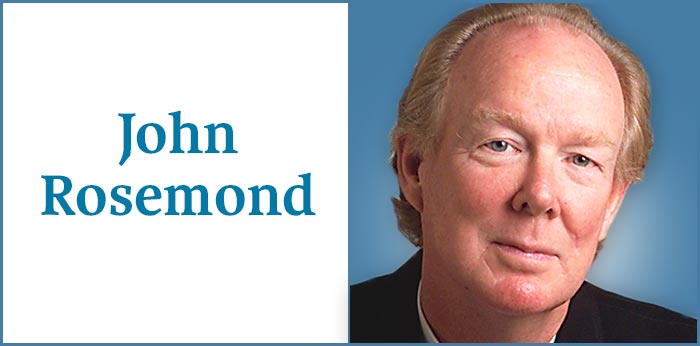The Wall Street Journal recently (3/16/2019) printed a letter-to-the-editor in which Upland, California psychiatrist/psychoanalyst Charlene Moskovitz promotes the alleged benefits of medication and psychotherapy for children diagnosed with depression, anxiety, and ADHD (and, presumably, other emotional and behavioral issues). According to Moskovitz, children who exhibit the behaviors in question may be dealing with “biochemical abnormalities.”
She asks, rhetorically, “Would such a child not benefit from having his or her biochemical issues helped with medication and thus build further strengths and coping mechanisms to deal with the other difficult aspects of his life? Does such a child not benefit more fully from the psychotherapy a skilled therapist provides?”
In all fairness to her, Moskovitz is only acting as a spokesperson for the mental health and pharmaceutical industries that have built up around the practice of diagnosing children as young as two with various mental disorders. Said practitioners routinely explain the behaviors in question – depression, anxiety, inattention, impulsivity, defiance, frequent and extreme tantrums, sudden mood swings – in terms of “biochemical imbalances” and prescribe medication as well as various forms of therapy.
In 2009, I published a book on this subject: “The Diseasing of America’s Children.” My co-author –pediatrician Bose Ravenel of Greensboro, North Carolina – and I put forth evidence that these brain-based explanations and therapies have no scientific validity.
Concerning the oft-referenced “biochemical imbalance,” for example, since no one has ever quantified biochemical “balance” in the human central nervous system, it is nothing short of disingenuous for medical scientists to lead the public to believe they know what they’re talking about when they refer to a CNS imbalance. A leading psychiatrist, well-known in his professional community, has said that the term biochemical imbalance is “nothing but a useful metaphor.”
“How is it useful?” one may ask. To sell the public on the unproved notion that psychiatric drugs are the answer to problems of emotion and cognition, that’s how. After all, it makes sense to assume that a biologically-based condition requires an intervention that targets the biological fault or dysfunction. The problem is, no one has ever established beyond reasonable doubt that psychiatric disorders are biologically-based. And yes, that includes schizophrenia and manic-depression. The current state of evidence strongly suggests that the term “mental illness” is a misnomer. Moskovitz’s fundamental premise – that many of the kids in question have “biochemical abnormalities” – is one that neither she nor anyone else can prove concerning any given child.
Furthermore, the medications in question, although approved by the FDA, have not reliably outperformed placebos in double-blind clinical trials. Unlike placebos, however, they have often-dangerous and even life-threatening side effects. In other words, the question of whether these drugs truly “work” is not fully resolved.
As for psychotherapy with children, and with all due respect to folks like Moskovitz, no study done by an objective third party has conclusively verified the reliable efficacy of any form of child therapy. Over the course of my 40-plus year career, hundreds of parents have told me that putting their kids in talking or play therapy made matters considerably worse.
Several psychiatrists have confirmed to me that what I’ve written in this column concerning medication and child therapy is known by many of their colleagues…yet the band plays on.
That just might qualify as a mental illness.
[Family psychologist John Rosemond: johnrosemond.com, parentguru.com.]












Leave a Comment
You must be logged in to post a comment.